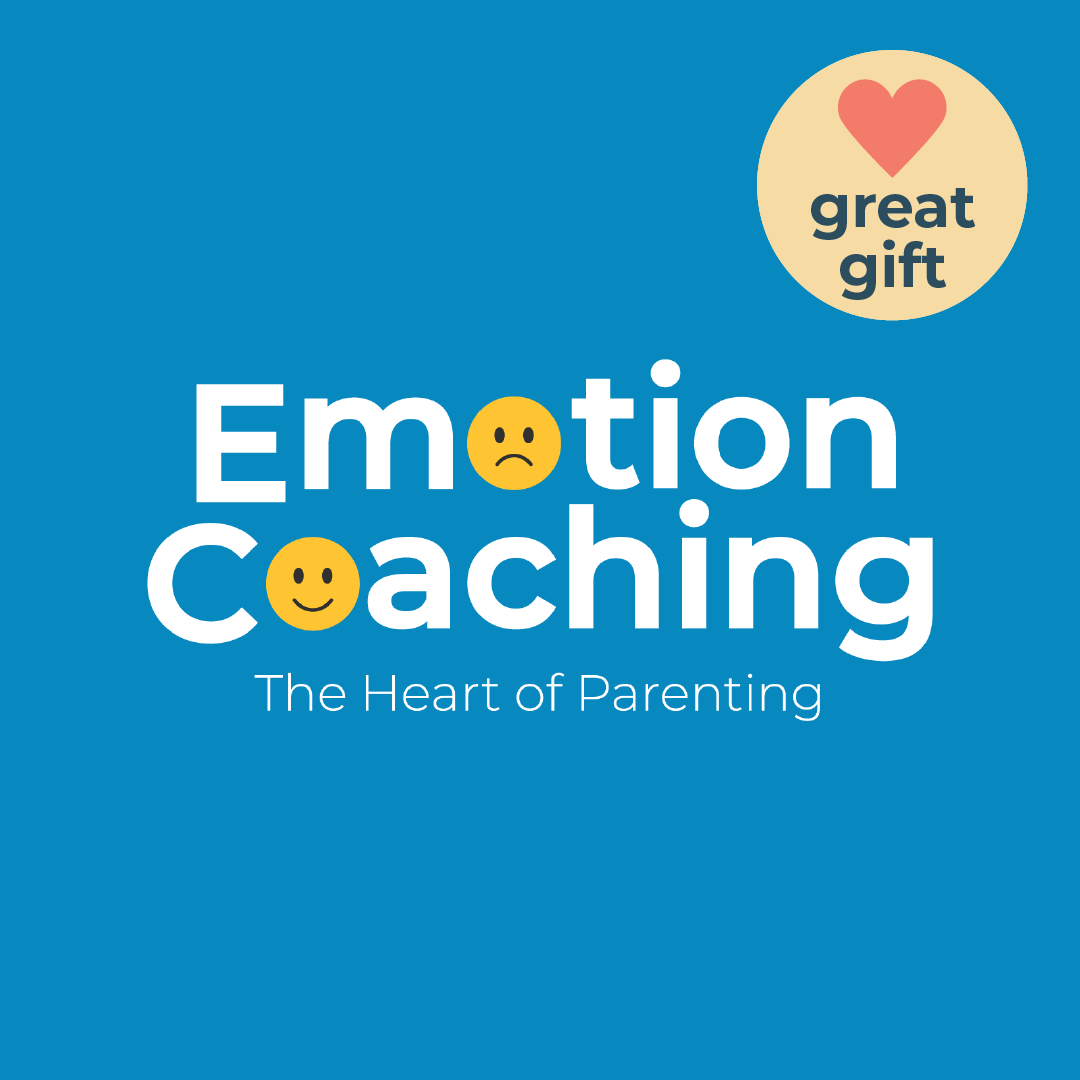Nothing quite prepares you for what it’s like to go through a divorce when you have children.
While the statistics say somewhere between 40-50% of adults will have to navigate this terrain at some point in their lives, when you embark on it, when it finally happens, your divorce can feel excruciatingly unique. Painfully individual.
And it is.
Rituals, rhythm, and rules. Your family is a microculture. The unique fingerprint of you and your spouse. The weaving of bones. Divorce, in turn, is the dissolution of such. The severing of a limb to save the tree. A metamorphosis that is characterized more by coming undone than by becoming. For the first time, you and your partner will have to venture into something together that is, by definition, designed to be done alone. You will go through divorce alone, together.
Physiological changes and responses
In my work as a couples therapist, if a couple with children decides to divorce, I caution them that this is a time when they must be careful. I remind them that most likely, their bodies have come to recognize the other as the enemy and that given this, their heart rates will increase to over 100 beats per minute whenever they are in close proximity to the other. For many, this physiological response to threat will occur even at the mere thought of the other. Like a bulimic, whose body learns to regurgitate food without even the slightest touch of a finger, so too do our nervous systems learn to expel the other.
And while these biological alarms may very well prepare you for war, they also come at a cost. Diffuse physiological arousal (DPA) is the amalgam of bodily stress responses. In addition to an accelerated heart rate, DPA is characterized by an increase in stress hormones. The result is an inability to think, communicate, or hear clearly.
Not surprisingly, divorce is a time when you will struggle with periods of psychological, physiological, and emotional impairment. All of this occurring, while you are simultaneously called on to make critical decisions, single-parent, generate income, sell or relocate your home, and navigate the grief and loss of dreams. Your life is coming undone faster than you can rebuild it, and the seeds of regeneration have yet to sprout their tendrils.
The importance of Emotion Coaching
According to Dr. John Gottman, author of “Raising an Emotionally Intelligent Child,” if you want to know whether a kid is navigating parental crisis at home, there’s a litmus test. It turns out that children exposed to “great marital hostility” have markedly higher levels of stress hormones than children of parents with stable marriages.
Remember this when you’re seething in anger at your ex-to-be, and it threatens to overtake you. Your kid will excrete toxins of distress that their body cannot possibly metabolize. By a familial nervous system, you are all still interconnected on a subterranean level, and their body is screaming “stop,” even if they never utter a word to you.
Though if you listen carefully, they will and do tell you. And how you respond (or not) to what your child shares is critical. Their tummy may hurt at bedtime, or they’ll have an amorphous list of upsets that seemingly have no immediate cause (and therefore no remedy readily at hand).
You’ll want to make it better, cheer them up, play a game. If they’re older, they might ask questions and even insist that you confide in them as a way to ease their angst. It can be tricky to discern who is comforting whom. Divorce when you have children is lonely, and even the best of single parents can experience the understandable tug to derive comfort at times like these.
Tempting as it may be, try to refrain from responding to your child’s feelings by offering a distraction or cheering up. Such gestures, though well-intended, often come from our discomfort when we see our kid is hurting. We want to make it better—to offer relief. It’s natural to want to put a band-aid on an “ouch.” Unfortunately, divorce is bigger than that.
Instead, aim for what Gottman calls Emotion Coaching. To emotion coach, you must first cultivate an awareness of your child’s feelings. Notice their body language, their tone of voice, and their eyes. What do you imagine they might be saying (or not saying) in their actions and gestures?
Be curious and avoid projecting your feelings and thoughts. Expand on such moments, listening more than speaking, validating more than fixing. Let them know you see they are struggling and offer to help them to name their struggles—encouraging them to use their words.
Emotion Coaching can turn the mysterious case of a tummy ache or just feeling blue into a teaching moment from which your child derives comfort from feeling seen and understood. It will also offer them increased insight into their inner workings, allowing them to connect the dots between their tummy ache and their heartache.
The heartache of divorce is essential as air. Cultivating the ability to breathe through it and mourn is both the last and first stage of ending one story (your life as the family you were) and starting the next (your life as the family you are becoming).
The story you tell
You are closing a critical chapter of your life and simultaneously embarking on a new one. There is also compelling evidence to suggest that the narrative you write, speak, and live from will have a profound impact on the adult your child has yet to become. How you make sense of memories, your past and the ways it has shaped you in the present, the answers you give to the fundamental questions of such, have the potential to pass down (or not) the same painful legacy that marred your early days.
Daniel Siegel, author of “The Whole Brained Child” and “Parenting from the Inside Out,” states that the best predictor of a child’s security of attachment is not what happened to their parents as children, but instead how their parents made sense of those childhood experiences. I want to go out on a limb and assert that how we as parents make sense of any significant experience, whether we’re talking childhood or adulthood, has the potential to shape the adults our children have yet to become and, in turn, our grandchildren and so it goes.
The telling of how your marriage came to fracture will evolve, and as it does, and as you begin to understand the role you played in it, it’s important to see yourself as neither victim nor villain. Similarly (although it can be hard) aspire to view your ex from an equally generous and compassionate lens. After all, not many embark on marriage hoping love will end, and very few of us have a baby wishing our family will shatter.
Opportunity in the face of pain
Breaking up a family when children are involved is akin to pulling bones out of your body while you are simultaneously growing them. Aspiring to narrate the story of your divorce from a place of empowerment will inform every interaction with your child, from the day-to-day to the essential rituals of transition, including bedtime, pickups, and drop-offs.
Here is where divorce presents its most significant opportunity—a window of time where the stars align in such a way that you have a chance to shift the future.
Create a constellation that serves as a map of where you have been, how you have gotten here, and where you wish to go in the days and years to come. It’s an atlas that will serve not only as a touchstone for you, but as a beacon for your children.
Your story will become their story, so write it well.








